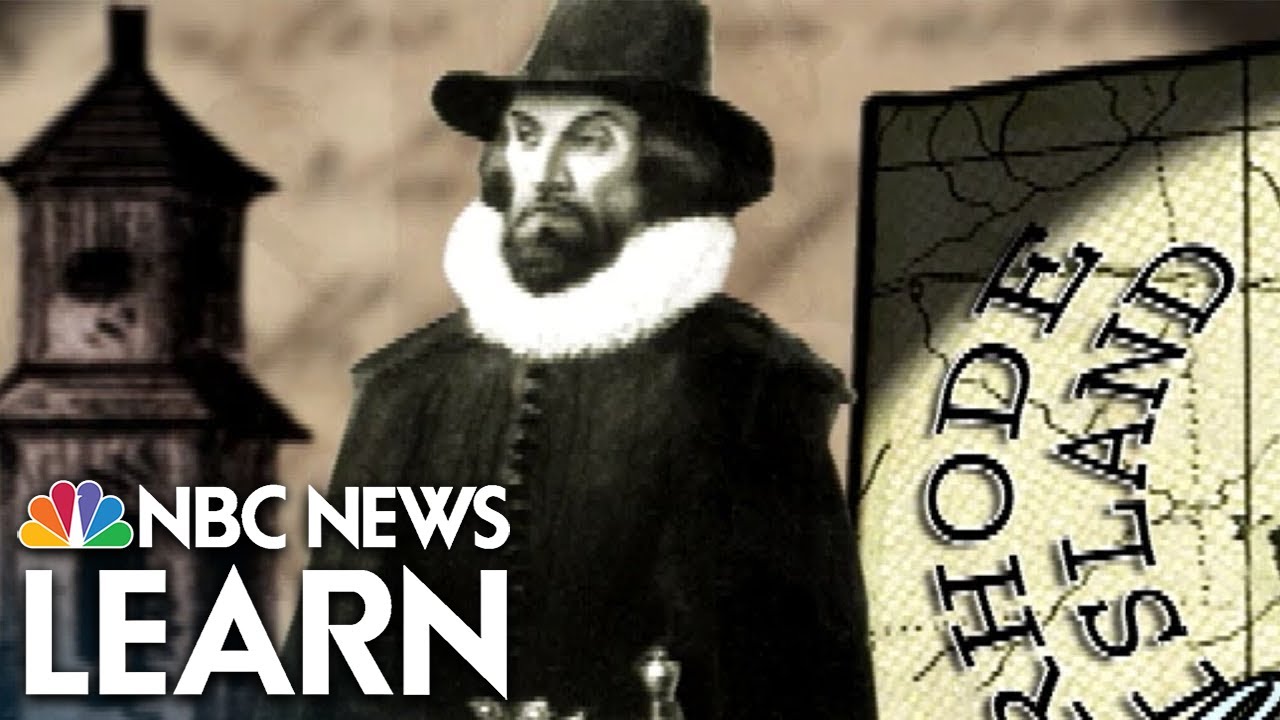Introduction to the Founders of Rhode Island
Rhode Island, one of the original thirteen colonies, holds a significant place in American history. Its establishment can be attributed to a group of individuals who sought religious freedom and a new way of life. The founders of Rhode Island, led by Roger Williams and Anne Hutchinson, played a crucial role in shaping the colony’s development and leaving behind a lasting legacy.
The Early Settlements in Rhode Island
Before the arrival of the European settlers, Rhode Island was inhabited by the Narragansett and Wampanoag tribes. However, in 1636, the first English settlers arrived in the region. They established a settlement named Providence Plantations, which would later become the foundation for the colony of Rhode Island. These early settlements were characterized by a diverse population seeking refuge from religious persecution.
Roger Williams: A Controversial Figure
Roger Williams, the renowned theologian and later founder of Rhode Island, was a controversial figure in his time. He was an outspoken critic of the Puritan establishment in Massachusetts Bay Colony and advocated for the separation of church and state. Williams’ radical ideas and refusal to conform to the religious norms of the time led to his banishment from Massachusetts.
Williams’ Banishment and Journey to Rhode Island
Following his banishment, Roger Williams embarked on a perilous journey through the wilderness, seeking a safe haven where he could practice his beliefs freely. Eventually, he arrived in the area known today as Rhode Island. He was welcomed by the Narragansett tribe, who granted him land to establish the settlement of Providence Plantations. Williams’ arrival marked the beginning of a colony founded on principles of religious tolerance and individual liberty.
Anne Hutchinson: An Influential Colonist
Anne Hutchinson, another influential figure in the founding of Rhode Island, played a pivotal role in challenging the patriarchal religious hierarchy of her time. She held religious meetings in her home, attracting a large following who questioned the authority of the Puritan clergy. Hutchinson’s unorthodox views and refusal to conform to gender norms ultimately led to her banishment from Massachusetts.
The Founding of Providence Plantations
Providence Plantations, the first settlement in Rhode Island, was established by Roger Williams in 1636. With the support of the Narragansett tribe, Williams created a community where individuals could freely worship and live according to their own beliefs. The settlement grew rapidly as more individuals seeking religious freedom flocked to the area, creating a diverse and inclusive society.
The Formation of Rhode Island Colony
In 1644, the settlements of Providence, Portsmouth, and Newport united to form the colony of Rhode Island. The unification was driven by a shared commitment to religious freedom and democratic governance. The newly formed colony became a haven for those persecuted for their religious beliefs, attracting a diverse range of individuals from various backgrounds and faiths.
The Importance of Religious Freedom
Religious freedom was a cornerstone of the Rhode Island colony, setting it apart from its neighboring colonies. The founders recognized the need for a society that welcomed individuals of all religious persuasions. This commitment to religious tolerance not only attracted settlers seeking refuge but also fostered an environment of intellectual and cultural diversity, contributing to the colony’s vibrant atmosphere.
The Role of John Clarke in the Colony’s Establishment
John Clarke, a physician and Baptist minister, played a pivotal role in the establishment of Rhode Island. Alongside Williams and Hutchinson, Clarke advocated for religious liberty and democracy. He drafted Rhode Island’s first set of laws, the "Portsmouth Compact," which established a democratic system of governance and enshrined religious freedom as a fundamental right within the colony.
The Charter of Rhode Island and Providence Plantations
In 1663, Rhode Island received a royal charter from King Charles II, securing its status as a self-governing colony. The charter granted Rhode Island and Providence Plantations the right to establish their own government, elect their own officials, and practice their religion freely. This charter, considered one of the most liberal of its time, solidified Rhode Island’s commitment to religious freedom and self-governance.
The Founding of Newport and Portsmouth
As the Rhode Island colony expanded, additional settlements were established. Newport and Portsmouth were two notable settlements founded by individuals seeking to escape religious persecution. These settlements thrived, attracting merchants, traders, and artisans, and became prominent centers of trade and commerce within the colony.
The Legacy of Rhode Island’s Founders
The founders of Rhode Island left behind a lasting legacy of religious freedom, tolerance, and democratic governance. Their radical ideas and courageous actions created a society where individuals were free to worship and live according to their own beliefs. Rhode Island’s commitment to religious liberty made it a beacon of hope for those fleeing persecution and has continued to shape the state’s identity throughout history. Today, their legacy is celebrated and upheld in the values and principles that define the state of Rhode Island.





